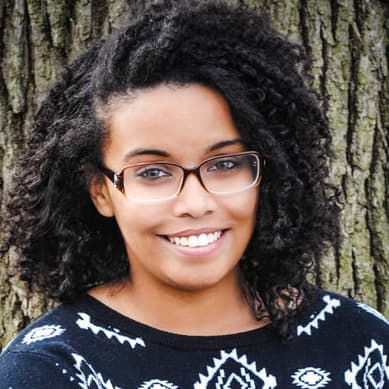Advertisement
With School Shootings And Trump On TV, What's Appropriate For Children's Theater In 2018?
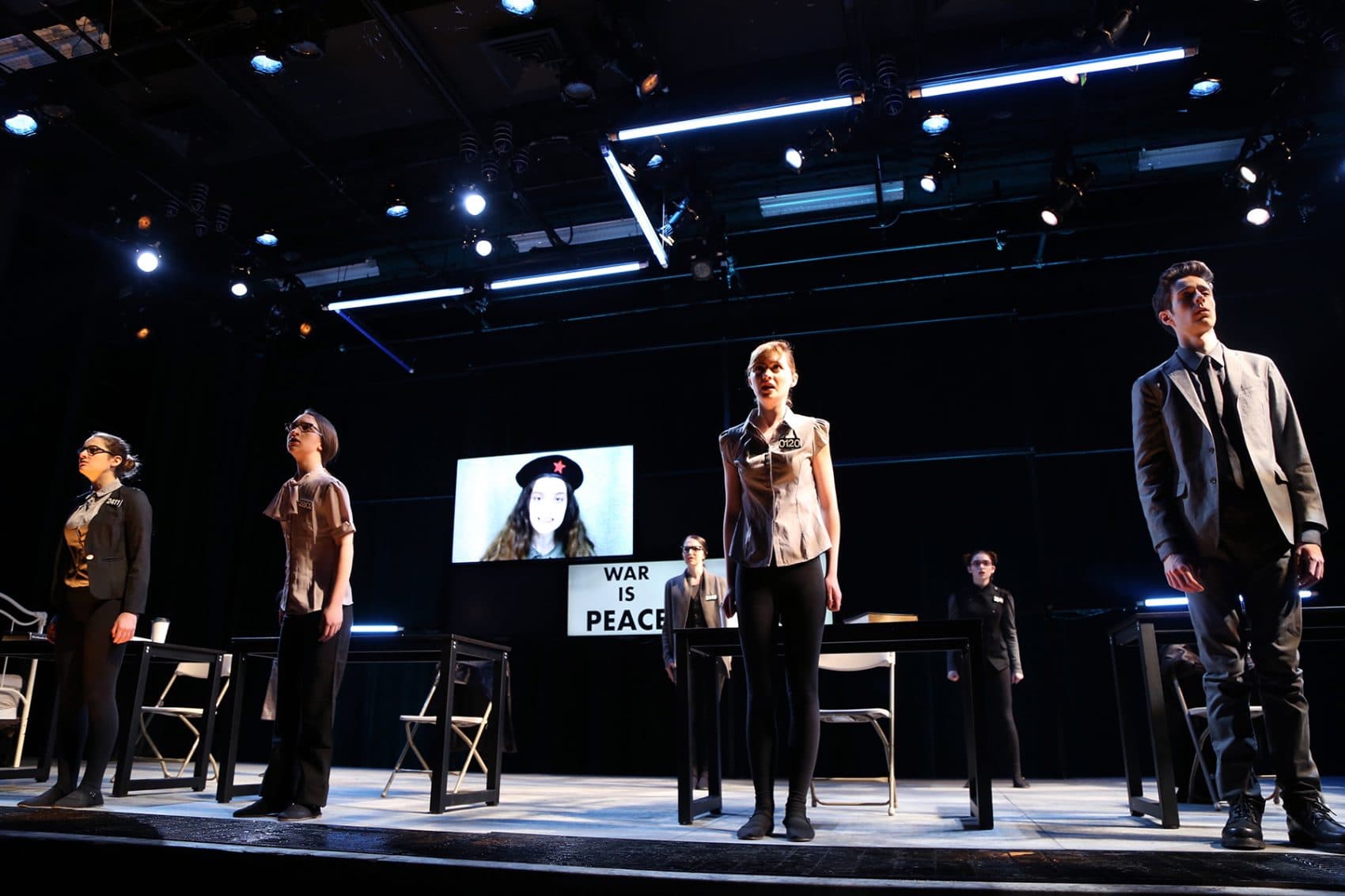
So far in 2018, the news has been swirling with the president's use of the phrase "shithole countries" and his scandal with an adult film actress. Mass shootings have become a too common reality, and everything from nudity to the latest internet trends (like eating Tide Pods) are all available at our fingertips. With teens and children exposed to these issues, the question about what is age appropriate in the arts for young people is sparking.
Following the controversy of Boston Children's Theatre's production of “One Flew Over the Cuckoo’s Nest” last season, in which an actor was briefly nude on stage, a local conversation about censorship and age appropriateness in theater began. This year, BCT returns, and almost seemingly responds to the controversy with an adaptation of George Orwell’s “1984” the dystopian classic in which individual thought is dangerous.
At Boston Children’s Theatre, the New England TheatreWorks pre-professional program focuses on children ages 14 and above both as performers and as audience members. It's designed for young performers to develop their acting craft. And all of the plays programmed are part of Boston Public Schools curriculum.
“The idea is to meet the kids where they live,” explains BCT's artistic director Burgess Clark. “We’re giving our kids, our actors in training, opportunities to do roles that they’ll be auditioning for in two years.”
"Any time that you do a production for teens and for kids, it is very common for the adults to treat the kids as kids and to underestimate what they know about the world and what their skill sets are," says Alexandra Upton, 18, who plays "Julia" in "1984."
But, she says BCT doesn't do that. She's been been part of the program's since she was 9 years old. "The minute you walk through that threshold you are treated like an adult, like a professional and that is the expectation, and kids rise to the occasion. Kids get to prove that we have passion, that we care and that we are dedicated."
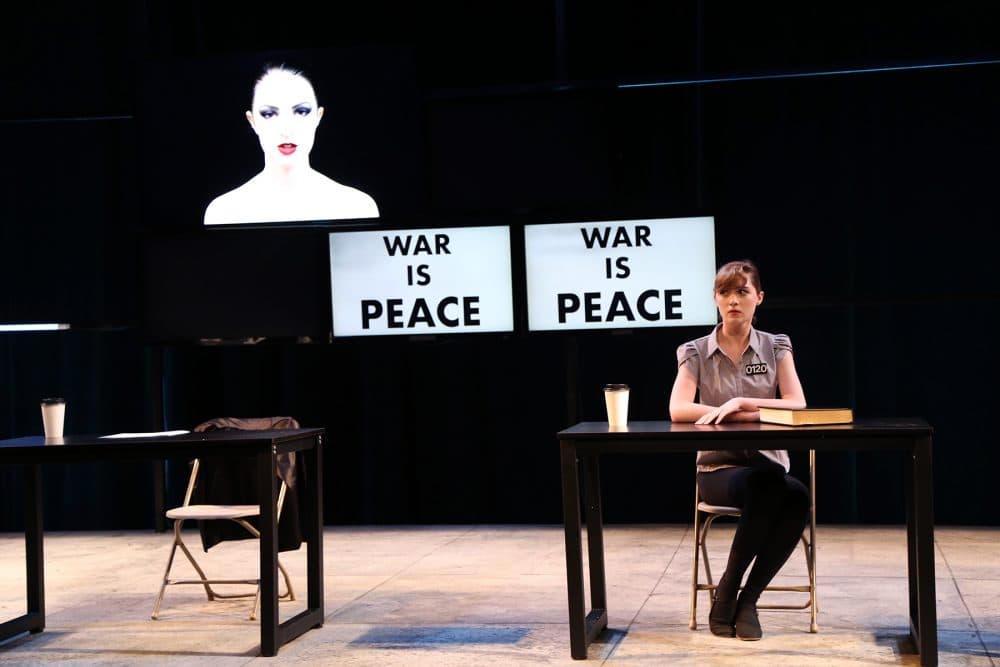
So, what’s appropriate for children to watch these days?
That's a question many parents ask themselves. Thanks to helpful rating systems from the Motion Picture Association of America (thank you PG-13!) and the Entertainment Software Rating Board (Rated T for Teen), parents are able to give themselves a sense of security knowing that they are allowing their children to participate in age appropriate entertainment. Age disclaimers on certain theatrical performances have also become common.
Boston Children’s Theatre marketed “Cuckoo’s Nest” for teens, and required any child under the age of 14 to attend with an adult — the same goes for this season’s “1984.” However, the notion of "adultism" — the system of adults deciding what is best for children without input from children themselves — is still prevalent.
"I think that parents aren’t catching up to the world in which we live, and that we live in a world where people have knowledge at their fingertips. I have a supercomputer in my pocket where I can look up anything in the world and see all of the horrible stuff that’s happening," says Keith Robinson, 16, who plays O'Brien in "1984."
Advertisement
Robinson has been a part of Boston Children's Theatre's programs for two years. "It’s not a bad thing for kids to grow up so quickly as long as their parents understand that, and that parents aren’t constantly trying to patronize them and treat them like they’re younger and much less aware and much less mature than they are."
The age of smartphones creates a new kind of dilemma — if children have questions, they no longer have to rely on their parents or teachers for information. They can look it up themselves using their phones, tablets and laptops. Even if a child has restricted access to the internet, chances are high that they know another kid who can give them the information that they’re seeking.
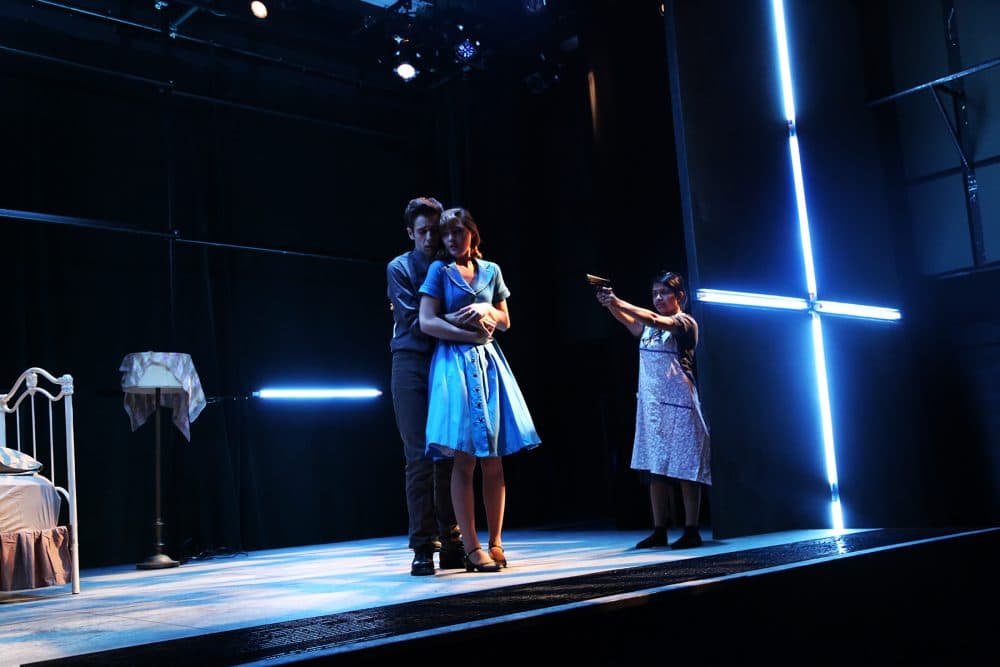
To get children away from the endless hole that is the internet, some parents turn to sports and others to the arts like dance and theater. Theater is storytelling, through movement, words and imagination. A good storyteller is able to get the audience emotionally invested in the play, and in order to be a good storyteller, emotions need to be unlocked in the vessel — the actor. So what happens when these actors happen to be 14?
"Art makes parents feel out of control, because you can’t control the message that art sends to someone, and you can’t control how someone feels about it," says Robinson. "Kids need to understand these issues in our society so that they can be a part of the real world and be treated like people."
"I think art makes adults feel uncomfortable," echoes Upton. "A lot of times, that comes from a place of wanting to protect kids and not let us see things in the world that are ugly and need to be fixed. So, censoring art, preventing us from seeing that kind of thing, is a way to shield us, but I also think that it’s our responsibility to expose ourselves to that, and to learn as much as we possibly can. If we are ignorant about that kind of thing then how are we supposed to move forward toward fixing it?"
At orientation for Boston Children’s Theatre, parents and their children are invited to a conversation with Clark where he makes it clear that “we’re not going to cut the dirty parts. We’re not going to stay away from that kind of material because it’s an opportunity for children and their parents to have a conversation.”
Classic plays are no exception. Shakespeare is often one of the first experiences children have with theater. “Shakespeare is one of the most adult forms of theater to exist, and it’s stood the test of time,” says Clark. Shakespeare’s plays focus on death, betrayal, love and murder in his repertoire of (around) 37 plays.
Kevin Coleman, director of education at Shakespeare & Company in Lenox explains, “We don’t do children’s theater. We do Shakespeare with kids. We don’t dumb it down.”
Coleman, like Clark, has an educational philosophy that focuses on giving children access to texts that can be difficult, “When you perform Shakespeare and encounter the plays as plays, you have to move them in your body and speak them softly, or really loudly with your voice, and your body is engaged viscerally,” explains Coleman. “Once your body is engaged viscerally then your emotions that the words trigger, your emotions starts coming alive.”
“When you work on a Shakespeare play with high school kids, they’re much more comfortable with sword fighting and killing each other than they are with kissing,” Coleman notes.
"I think that death is kind of so unknowable that we kind of shut it out, or we look at the trappings of it but we don’t look at the mystery of it. Growing up we play life and death games and consume life and death stories,” notes Coleman. From "The Hunger Games" to "The Fault in Our Stars," death, rather than feelings of affection and love, are used to raise the stakes.
“Something like opening yourself up to falling in love, intimacy. Those kinds of things are very risky to us because, I believe, it’s something that’s knowable. Even though the stakes feel very high, they’re lower than the mystery of death, dying and murder. It’s knowable, it’s intimate, it’s risky. It’s more risky to open yourself up to feelings of affection, of falling in love with someone in a play than it is to murder them or be murdered by them,” says Coleman.
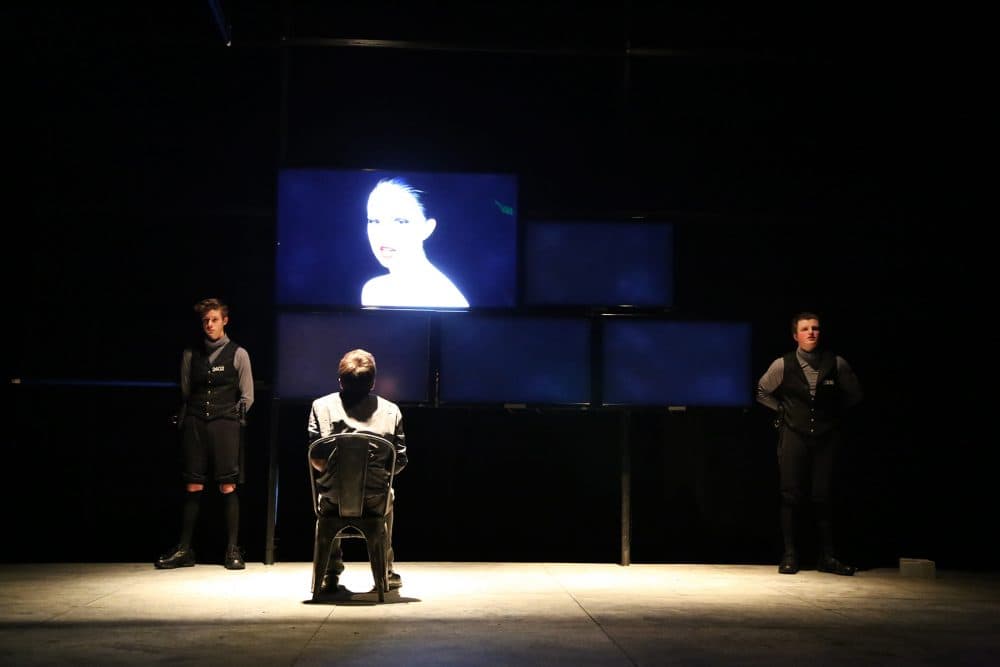
Clark himself acknowledges how much times have changed, noting how he grew up watching Rodgers and Hammerstein musicals like "Oklahoma!," which follows a farm girl who is trapped between two suitors, one a cowboy and the other one a frightening farmhand.
"Teens today are being raised on 'Dear Evan Hansen,' " says Clark, which follows a boy with social anxiety disorder whose classmates’ suicide brings him closer to his classmates’ family. “Every generation has a musical that comes along that defines who they are.”
Earlier this spring, we saw the teenage survivors of the Stoneman Douglas High School shooting in Parkland, Florida, start a national protest for gun control. Many of those organizers were notably "theater kids."
“There’s incredible sophistication and intelligence among this younger generation,” says Clark, “The whole March For Our Lives ... is a testimony to that. The fact that they are so well read and so well informed and so connected, they’ve really made a community for themselves and we want to try to meet them where they are.”
To put it frankly, no one wants to see their children grow up too fast. Theater is the chance to explore emotions so teens could cope with real life situations.
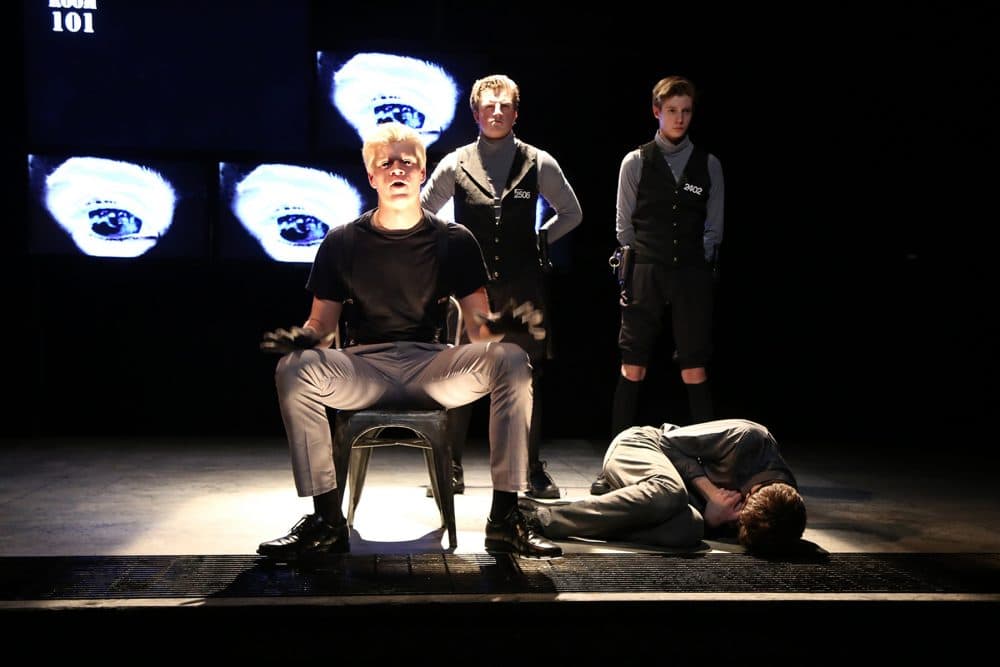
“At the end of a school day, you don’t want to get between a student and the exit. At the end of rehearsal, you have to throw them out of the room,” jokes Coleman, “They’re so excited and so engaged on so many levels.They’re finding out who they are. And they’re falling in love with what they’re finding out about themselves and each other. It’s education at its best.”
